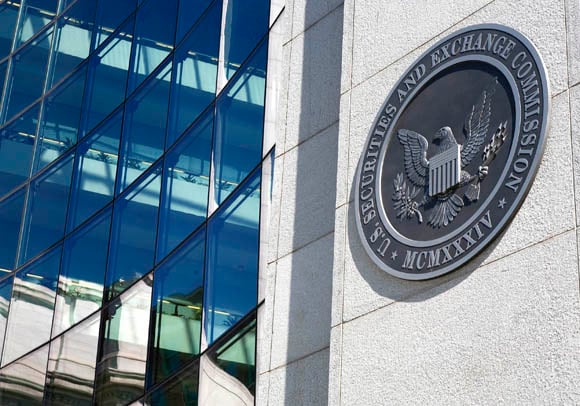But Labor's Borzi says single standard impossible since two agencies operate under different statutes
The Department of Labor official who is leading the effort to strengthen fiduciary-duty rules for retirement plans said that she is coordinating with the Securities and Exchange Commission on fiduciary policy but asserted that each agency will pursue its own regulations. And that worries some industry players.
Phyllis Borzi, assistant secretary of labor and head of the Employee Benefits Security Administration, said on Monday that Labor and the SEC operate under separate statutes. Securities law fiduciary duty concentrates on disclosure while retirement-law fiduciary duty prohibits conflicts of interest.
"I absolutely will not promise anybody there will be a single fiduciary standard because that's impossible," Ms. Borzi told the Society of Professional Asset Managers and Record Keepers’ national conference in Washington. "Compliance with one of the standards won't put you out of compliance with the other standard. It doesn't mean a single standard; it does mean a compatible standard."
The Labor Department issued a proposed fiduciary-duty rule in October 2010 that would enlarge the definition of "fiduciary" for anyone providing investment advice for retirement plans. The agency argued that the rule is needed to protect investors from conflicted advice as millions build their own retirement nest eggs through individual retirement accounts and 401(k) plans.
The rule was withdrawn last September after fierce financial industry criticism that it was too expansive and would subject IRAs to fiduciary duty for the first time, potentially driving brokers out of the market.
Opponents also said that the rule lacked sufficient cost-benefit analysis and urged Labor to coordinate with the SEC on fiduciary policy. The SEC was given authority by the Dodd-Frank financial reform law to impose a universal fiduciary duty on anyone providing retail investment advice. The SEC has not yet moved forward with its own rule proposal.
The suggestion that Labor and the SEC could each promulgate fiduciary duty regulations is “not workable,” said Kent Mason, a partner at Davis & Harman LLP.
Under the original Labor fiduciary-rule proposal, a broker who has a client with $25,000 to invest in an IRA and $30,000 to invest in an investment account would only be able to advise the client on the investment-account portion, according to Mr. Mason. The broker couldn’t help with the IRA because he or she couldn’t give advice that affects compensation – either commissions or revenue sharing – under the Labor proposal.
“That kind of strange disconnect would have to unfold in that very odd way,” Mr. Mason said. “That’s the product of this bifurcated rule.”
In congressional testimony, Ms. Borzi has maintained that the proposed fiduciary-duty rule would not prohibit the charging of commissions. The agency vowed to issue a revised rule this year. Ms. Borzi did not indicate when a new rule would be released.
"We're still working on it," Ms. Borzi said in an interview. "We keep trying to gather information for the economic analysis."
In her remarks at the Spark conference, Ms. Borzi said that the revised rule would include “a much more thorough and robust” regulatory-impact assessment and a “clearer” delineation between what is considered investment advice and what is considered educational material.
The Labor Department is particularly concerned about whether investors are being hurt by conflicts of interest when they're advises on the rollover of their 401(k) earnings into IRAs. Ms. Borzi noted that there is extensive use of third-party payments to brokers who can then steer clients to the products their firms offers.
“We have seen lots of evidence of…a real problem with conflicts of interest,” Ms. Borzi said. “People don’t understand that there may be other things at work here besides what’s in their best interest.”
One vocal opponent of the Labor fiduciary-duty rule, the Financial Services Institute, contends that a new regulation is not required for rollover concerns.
“If there is a problem with a few bad actors, the way to deal with it is through enforcement, not by making a wholesale change in the way retirement advice is delivered in this country,” said David Bellaire, FSI general counsel and director of government affairs.







